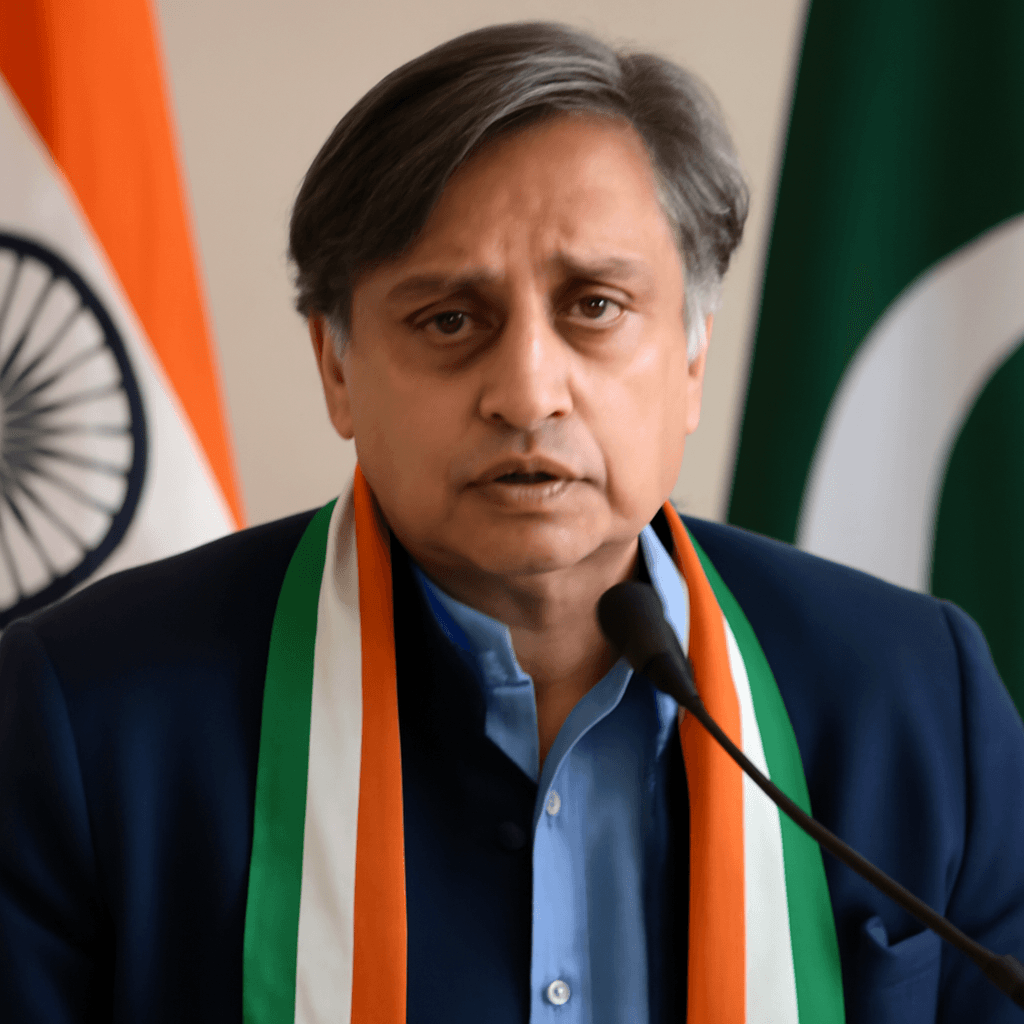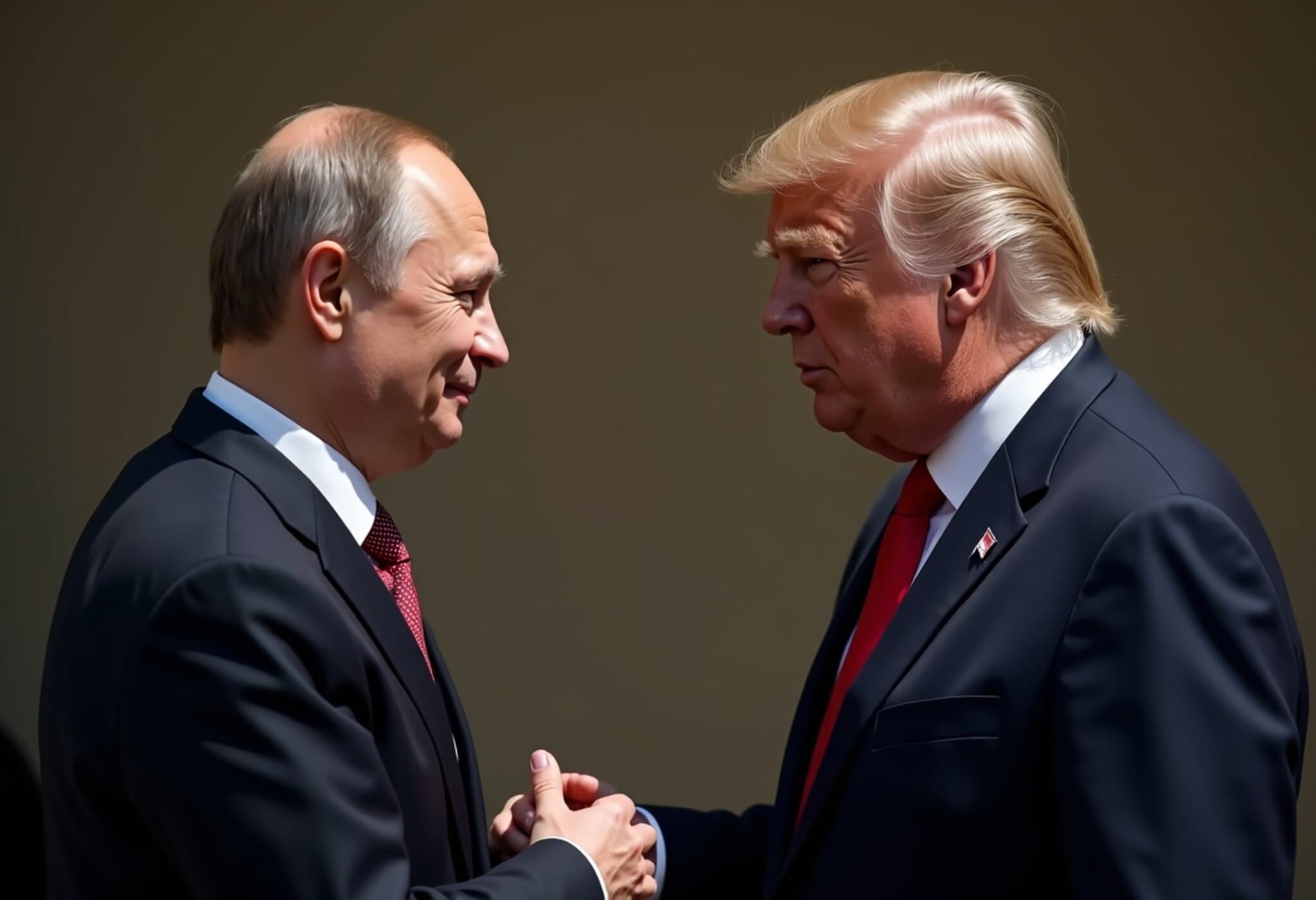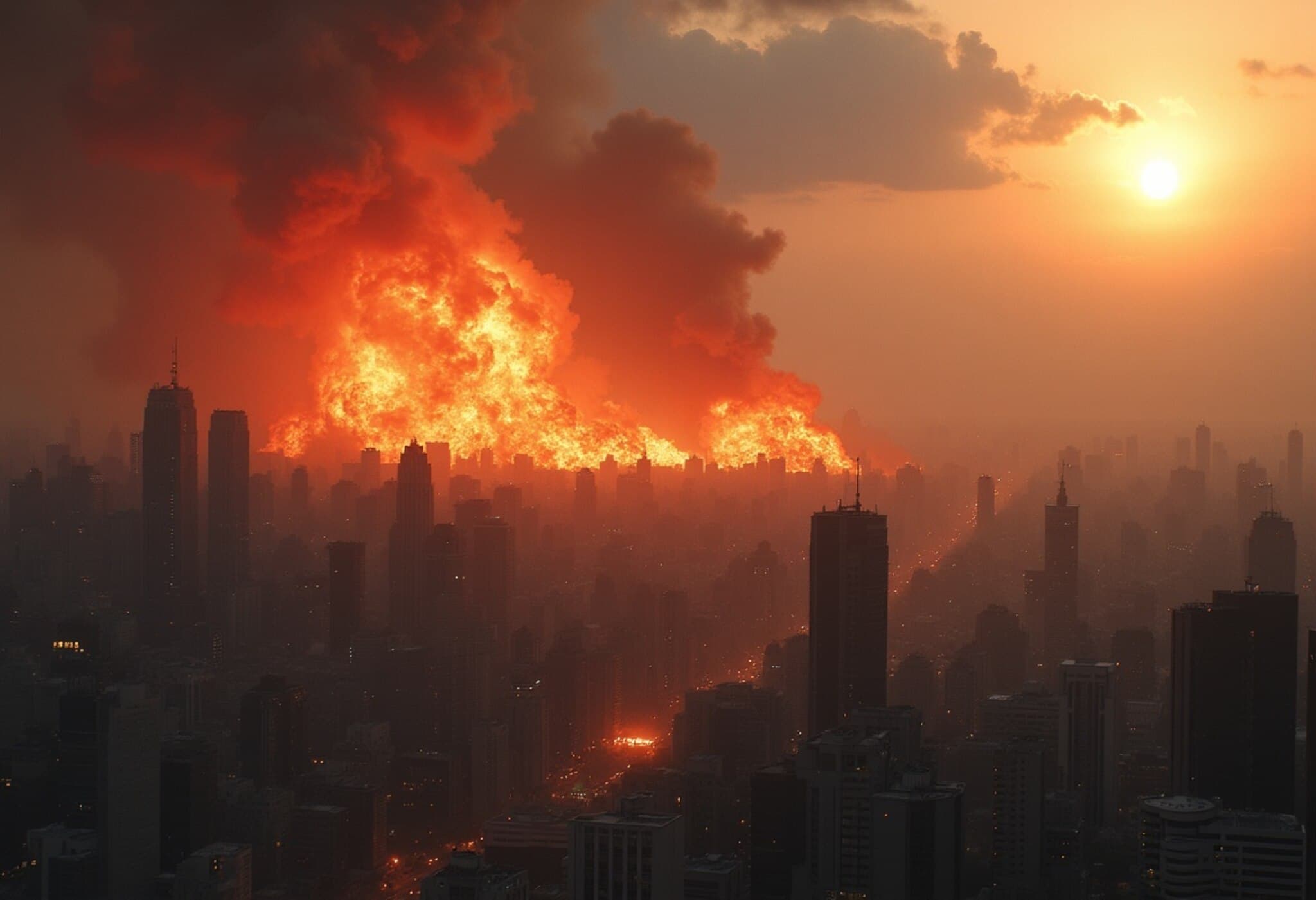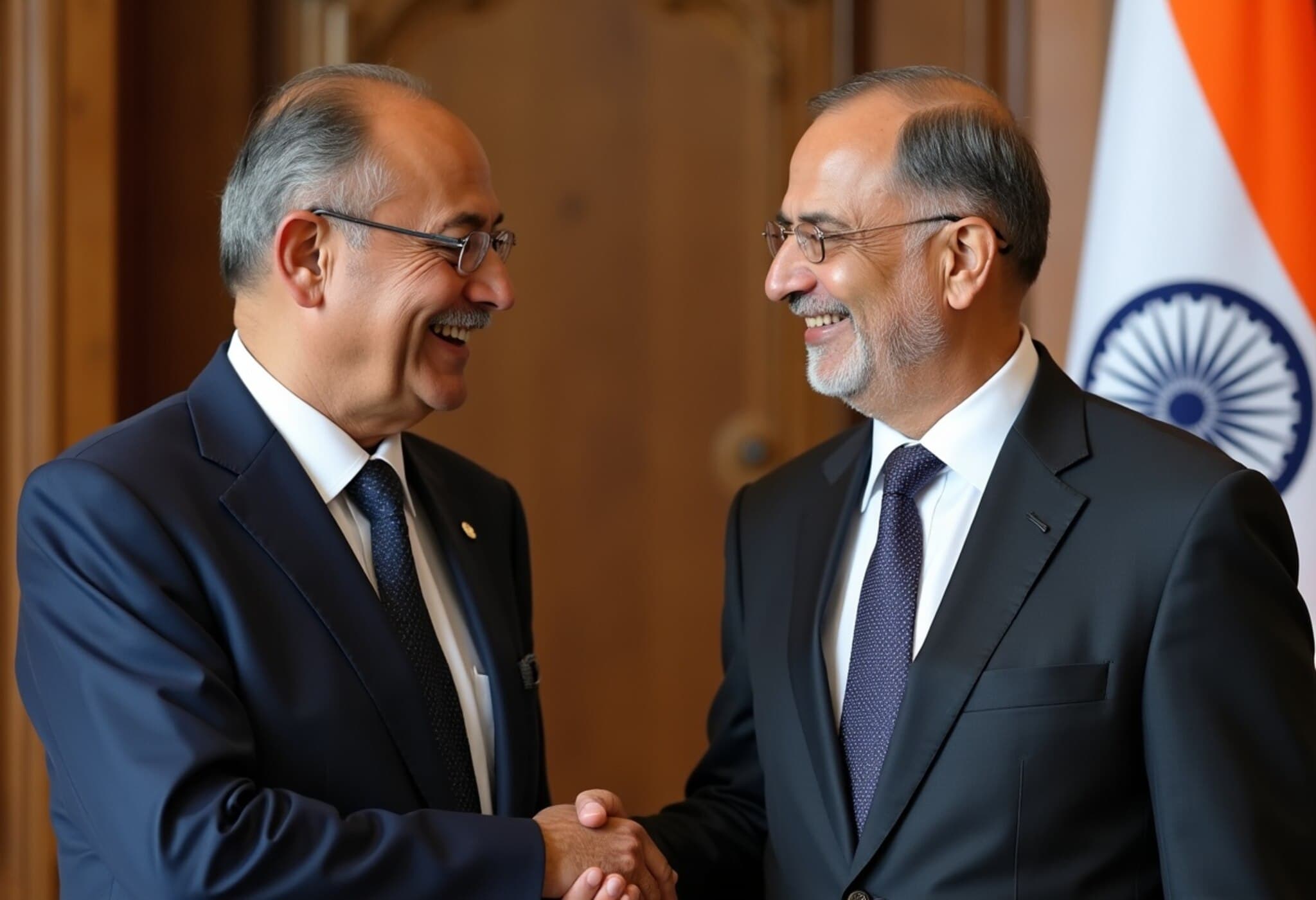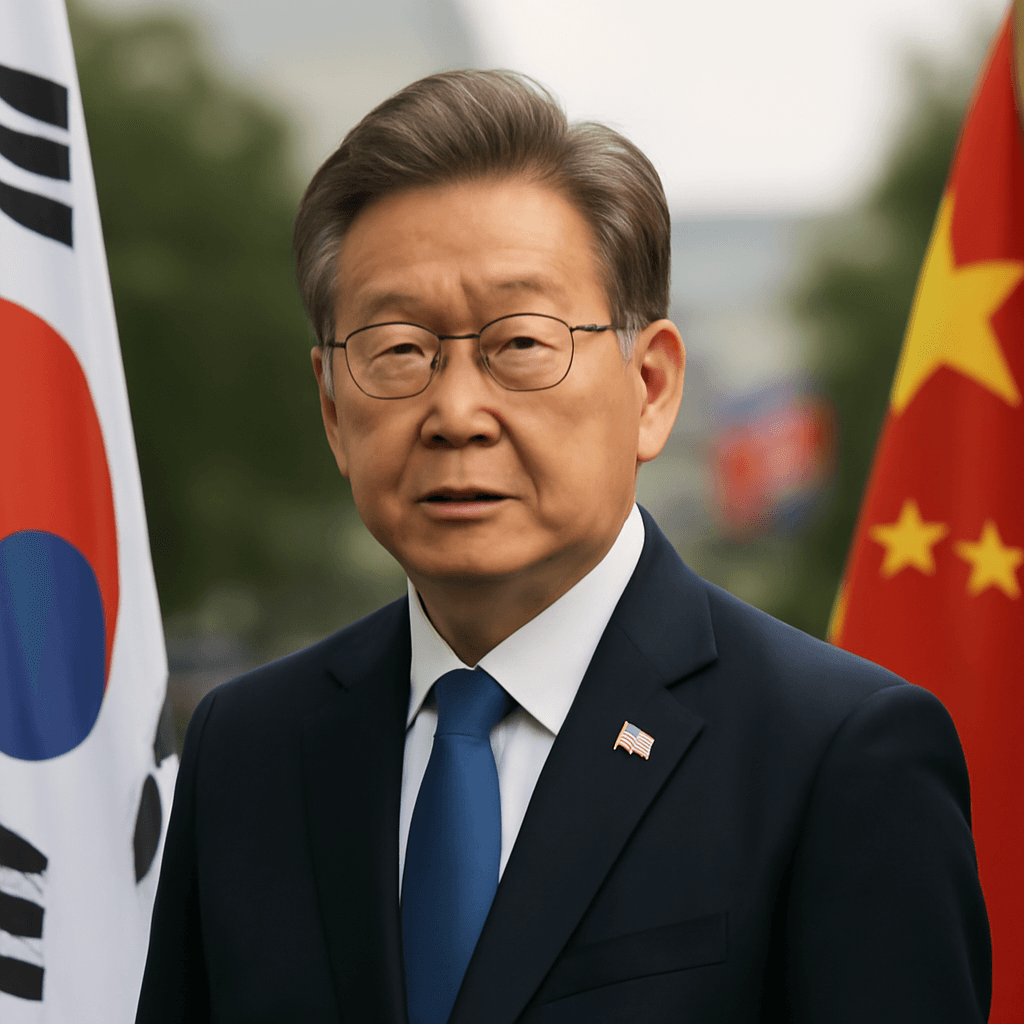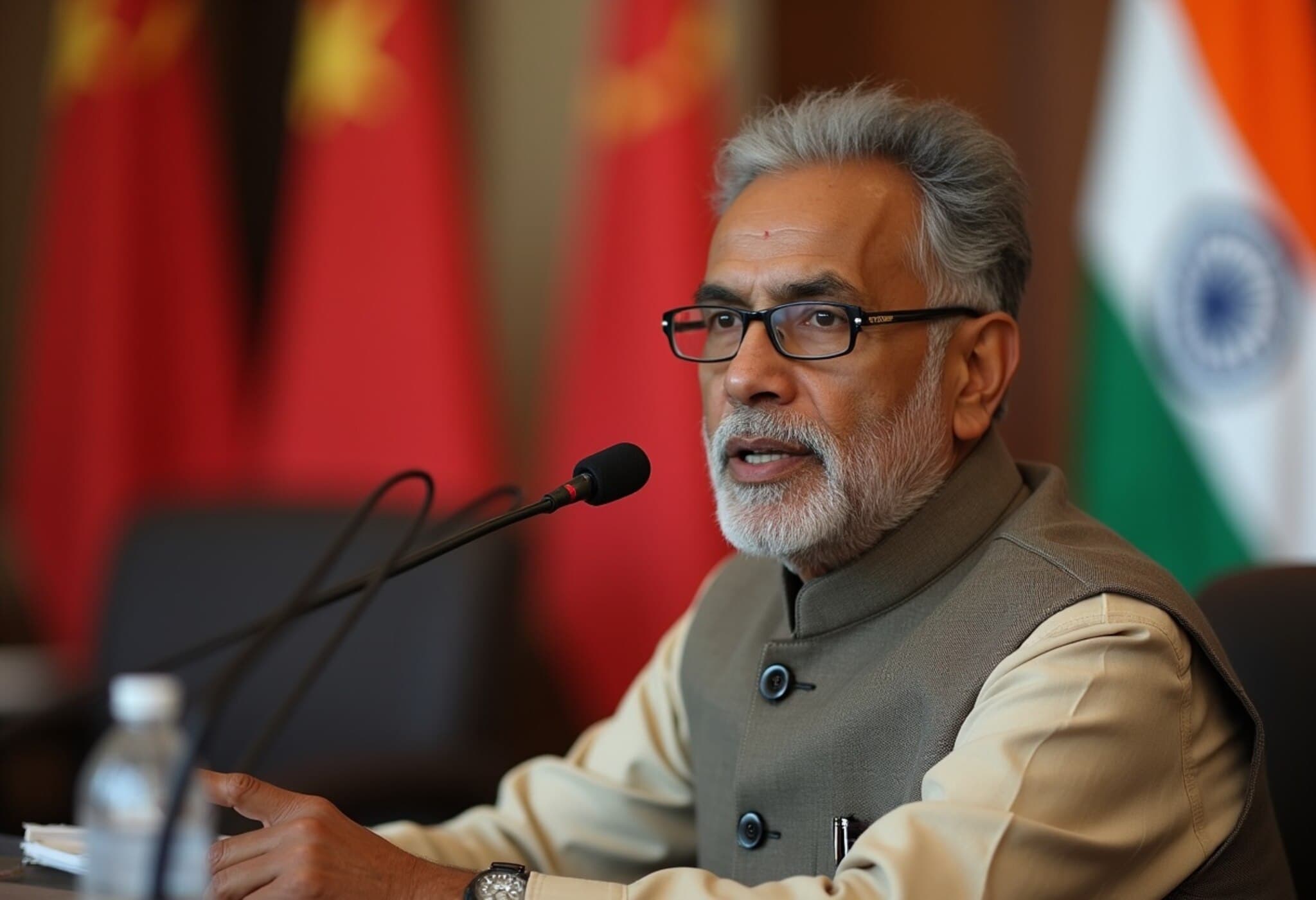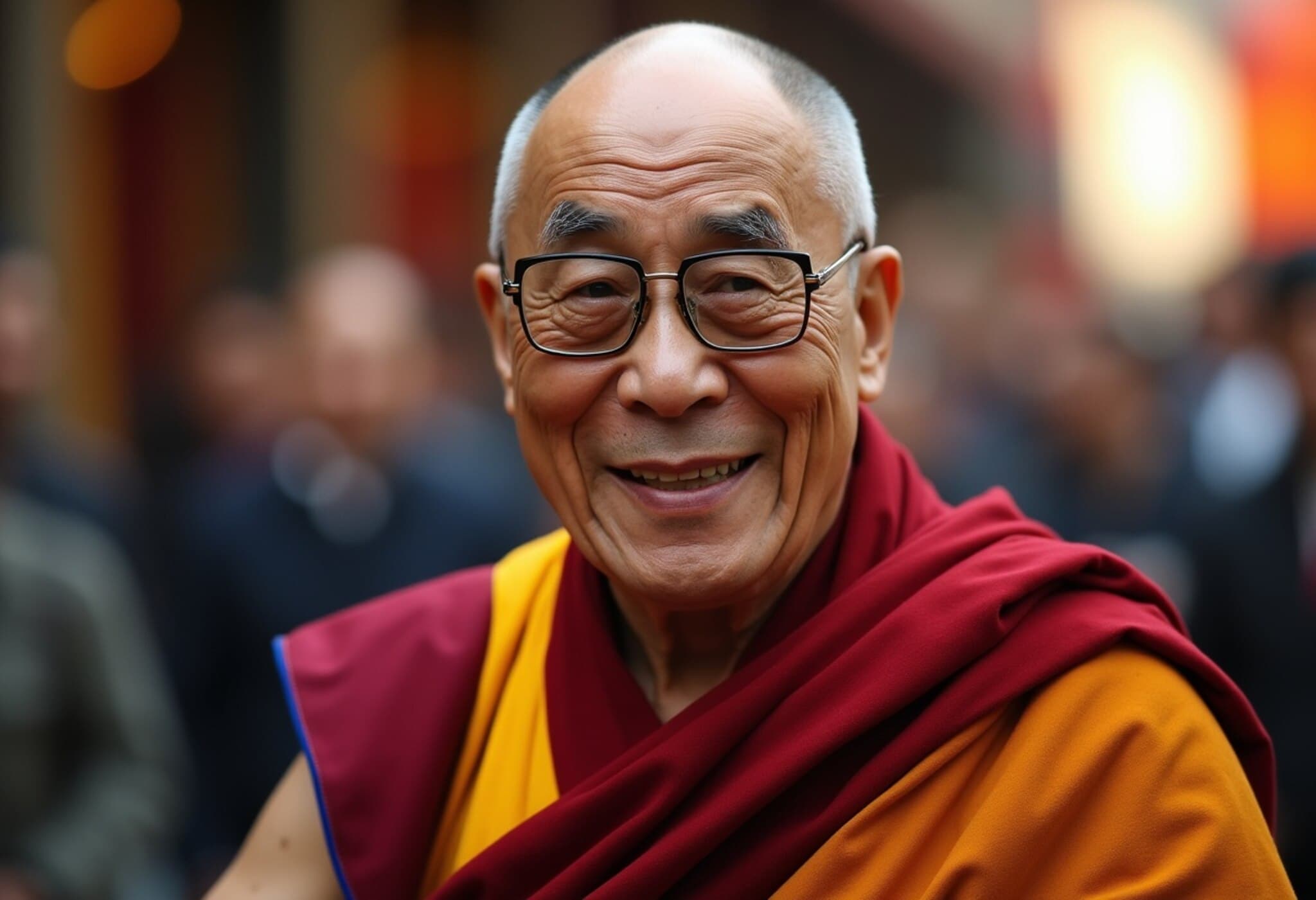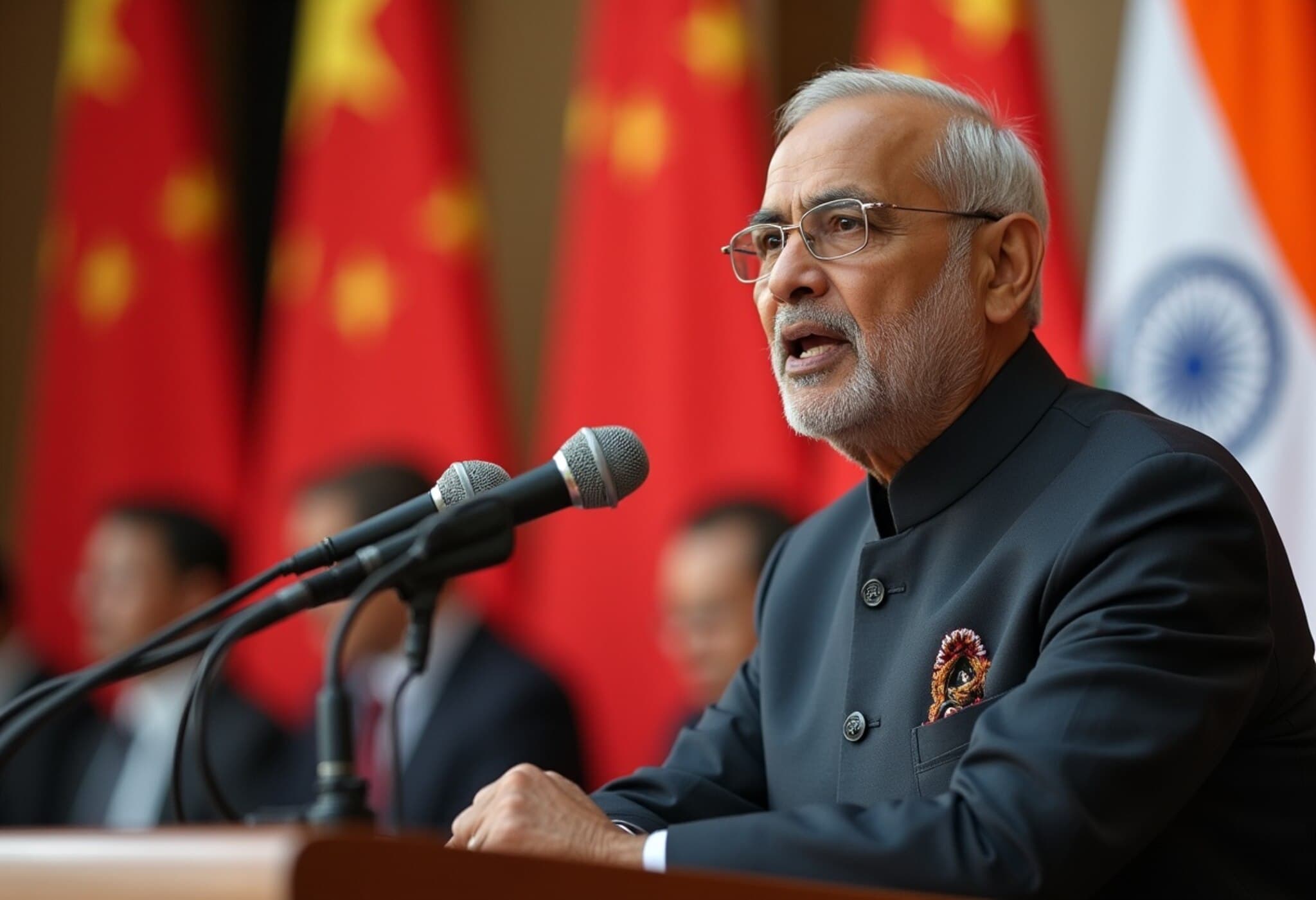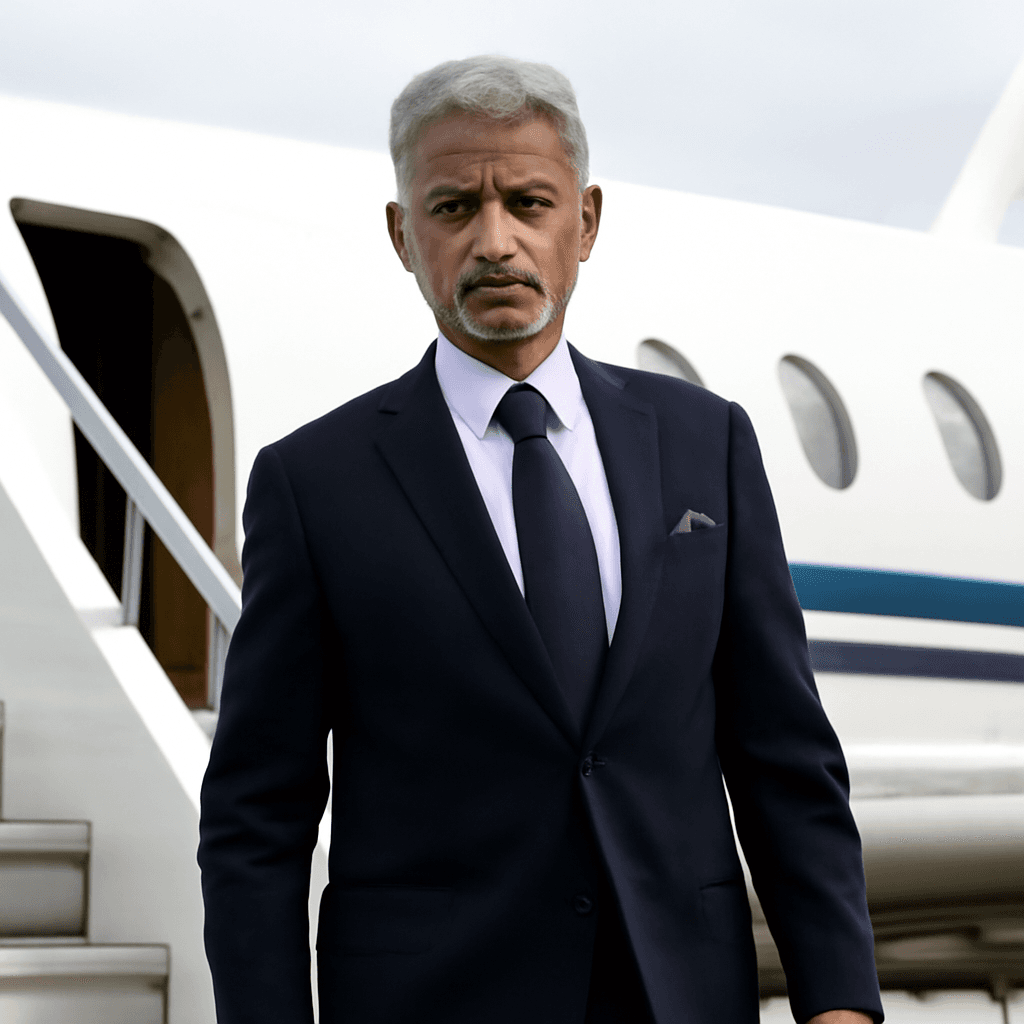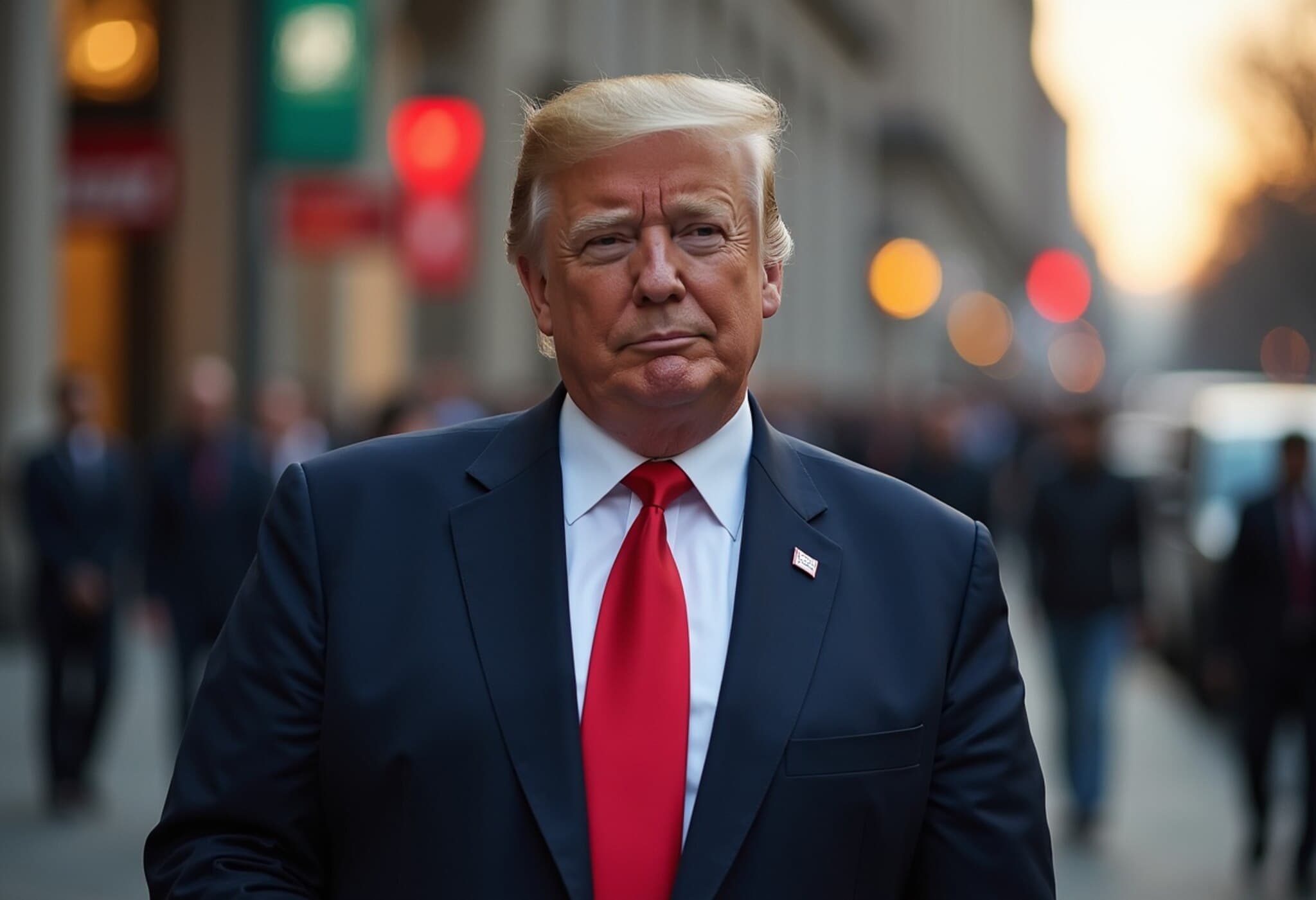India and China: Crafting a New Regional Balance
External Affairs Minister S Jaishankar recently addressed the evolving dynamics between India and China at the GMF Brussels Forum 2025, highlighting the emergence of a complex geopolitical equilibrium shaped by the ascent of both nations. Despite their shared borders, their relationship is marked not only by longstanding territorial disputes but also by significant economic and political differences.
Complex Layers Beyond the Border
Jaishankar emphasized that while boundary issues remain a crucial factor, trade and economic tensions also color the bilateral relationship. He described the scenario as a multifaceted matrix involving:
- Unsettled border disputes
- Economic competition and cooperation
- Divergent political and social models
- Shared and sometimes overlapping neighbours
He pointed out that India's and China's differing economic systems and social values add layers of complexity, making it inaccurate to assume a simple balancing act where one nation's rise necessarily counters the other's.
A Parallel Civilizational Rise
Reflecting on the historical context, Jaishankar noted that both countries, with populations exceeding one billion, represent enduring civilizational states witnessing a parallel ascent on the world stage. However, he acknowledged that China began its modernization journey earlier, whereas India’s progress was initially slower due to policy decisions in earlier decades.
Europe’s Evolving View On China
When asked about Europe's perception of China, Jaishankar observed a significant shift over the past decade or so. While Europe’s stance was previously more optimistic or naive, there is now a noticeable evolution, with some European countries adopting a more cautious or hard-headed approach towards Beijing.
He remarked, "Not all of Europe is moving at the same pace or sharing the same views; some countries are more straightforward in their assessment of China."
In a lighthearted moment during the discussion, when compared to Europe's earlier relationship with Russia, Jaishankar quipped he did not disagree, eliciting laughter from the audience.
The Road Ahead
As two of Asia’s dominant powers navigate a complicated relationship marked by boundary tensions and contrasting governance models, the equilibrium they are forging will likely influence regional stability and global geopolitics for years to come. India's approach, as underscored by Jaishankar, involves managing these challenges with nuanced diplomacy and a clear recognition of the textured reality of their shared history and future.



